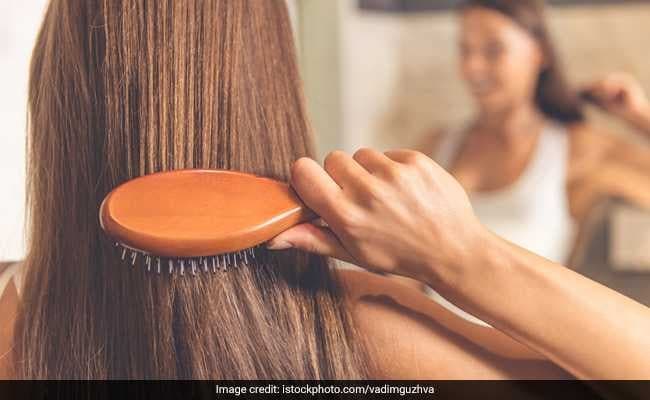
Zinc is an important mineral that your body requires for several body functions. It helps in ensuring the healthy functioning of the immune system and supports metabolic function. It also helps in healing wounds. Zinc is also beneficial for your skin and reduces inflammation. Adding enough zinc to diet also helps reduce the risk of age-related diseases. Zinc deficiency is quite common but many are unable to detect it. Severe deficiency of zinc is not so common. But there are certain signs and symptoms that one may experience when suffering from zinc deficiency. In this article, you will know about the signs and symptoms of zinc deficiency, daily requirement and food sources.
Zinc deficiency: Signs and symptoms
When your body has low levels of zinc you may experience symptoms like-
- Slow healing of wounds
- Unintentional weight loss
- Reduced sense of smell and taste
- Not feeling hungry
- Diarrhea
- Open sores on skin
- Hair fall
- Constant tiredness and fatigue
Also read: 3 Nutrients That Can Prevent Nausea, Headaches And Migraine On Keto Diet

Zinc deficiency can lead to hair fall in both men and women
Photo Credit: iStock
Daily requirement
According to the National Institutes of Health, an adult male requires 11 mg of zinc in a day whereas a female requires 8-9 mg per day. During pregnancy, women should consume 11 mg. Mothers during lactation period must add 12 mg to their daily diet.
Also read: Inflammation Prevention, Wound Healing And Building Immunity- Reasons Why You Need Zinc
Zinc food sources
Zinc is present in several foods. Some of the best sources are- meat, legumes, shellfish, seeds (hemp seed, flaxseeds and pumpkin seeds), nuts (cashew), eggs, whole grains, dairy products, dark chocolate and vegetables like potato.
Also read: Zinc: Why You Need It And Foods That Contain Zinc
You may consult an expert if you are experiencing symptoms of zinc deficiency. Do not add supplements to your diet without your doctor's recommendation.
Disclaimer: This content including advice provides generic information only. It is in no way a substitute for qualified medical opinion. Always consult a specialist or your own doctor for more information. NDTV does not claim responsibility for this information.
Track Latest News Live on NDTV.com and get news updates from India and around the world

